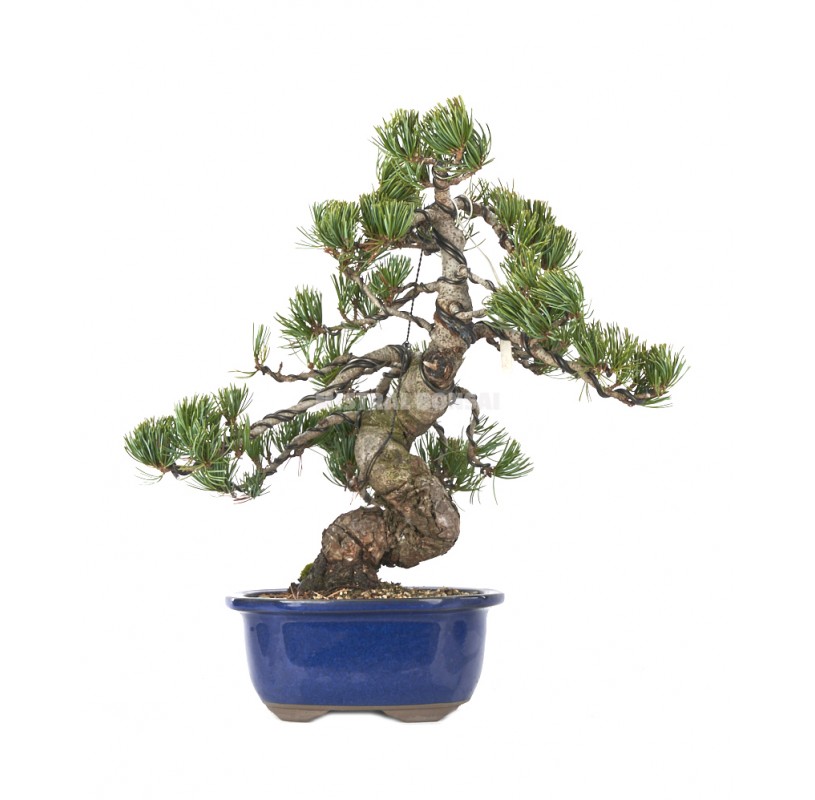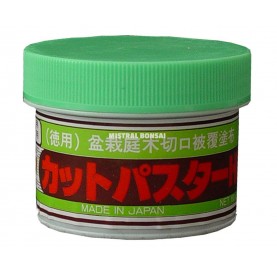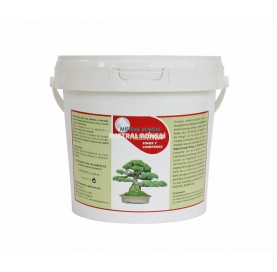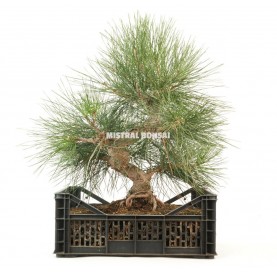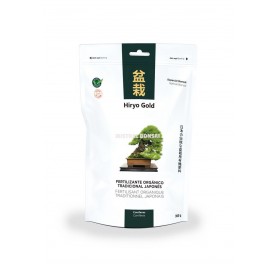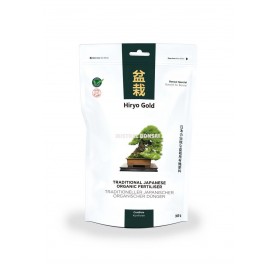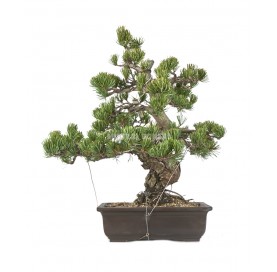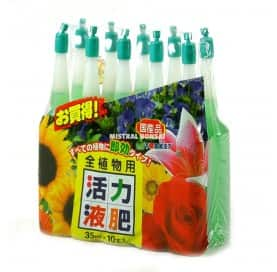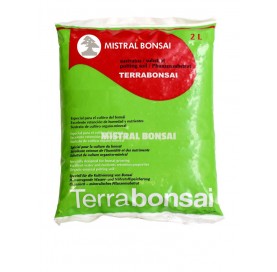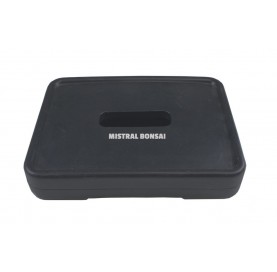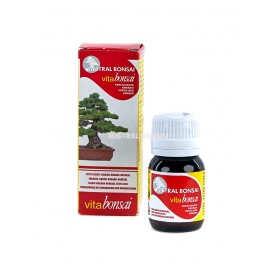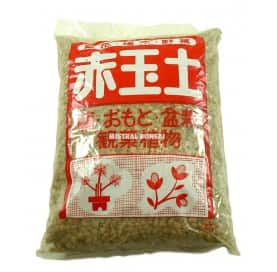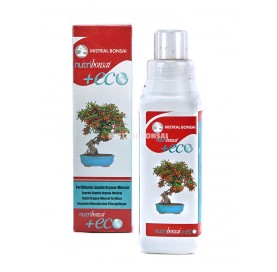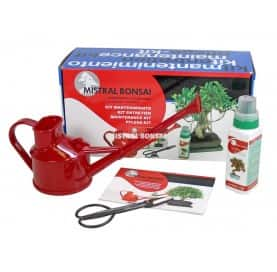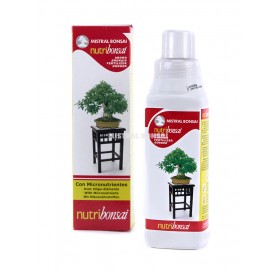Pinus pentaphylla. Bonsai 25 years. Five-needle pine
Pinus pentaphylla. Bonsai 25 years. Five-needle pine. These are trees that, by nature, must be placed outside, ideal for balconies, gardens and terraces. Evergreen tree whose leaves are called needles. The needles grow in bunches of five and have white stripes on the undersides. They belong to the order of the conifers because its fruit, the pine, has the shape of a cone. It’s a tree which you can find in the mountains and of slow growth. As a bonsai you will often find it grafted on to the stronger rootstock of P. thunbergii.
Leaf type: evergreen

Find answers to the most frequent questions with our technical team.

Check where we ship and conditions here

The VAT corresponding to the country of destination will be applied.
Pinus pentaphylla. Bonsai 25 years. Five-needle pine. These are trees that, by nature, must be placed outside, ideal for balconies, gardens and terraces. Evergreen tree whose leaves are called needles. The needles grow in bunches of five and have white stripes on the undersides. They belong to the order of the conifers because its fruit, the pine, has the shape of a cone. It’s a tree which you can find in the mountains and of slow growth. As a bonsai you will often find it grafted on to the stronger rootstock of P. thunbergii.
Location: Place in the exterior in full sunlight. It’s one of the trees which needs the greatest exposure to sunlight.
Watering: Pines need controlled watering. An excess of watering and with spoil with poor drainage can have fatal consequences for the life of the mycorrhizae. These are fungus whose roots act in a symbiosis with those of the pine and help it absorb mineral elements of the ground like phosphorus. Without this fungus the tree weakens and at then dies.
Curiosities: In Japan this pine is considered to be female. The light colour and the texture and size of its needles give it this character. It’s one of the more emblematic bonsai.
Dimensions in centimetres approx. (width x depth x height): 38 x 26 x 43
Note: The shape and measurements of the bonsais are approximate. The pot is included on the dimensions. The colour and shape of the pot may vary from that of the photo. A bonsai is a living being, so the vegetative state of the plant changes according to the season. The images that appear are non-binding illustrative pictures.
Data sheet
- Genus
- Pinus
- Habitat
- Outdoor
- Leaf type
- evergreen
- Bonsai pot dimensions (approx.)
- From 16 to 22 cm
- Level of care
- High
Family
Pinaceae
Fertilisation
Spring and autumn. It’s preferable to use organic fertilizers which favour and preserve the mycorrhizae.
Transplant
Every 3 years, at the moment of budding and before the opening of the needles within the buds. In our Mediterranean zone this is in the middle of March.
Substrate
100% Kiryuzuna, or mixed with 50-70% of Akadama.
Pruning
To be done in the coldest months of the year. Leave needles and leaf buds on the branches otherwise they will dry.
Nipping
Pinch-off one third to half of new shoots each spring. Every other year, prune branch tips in early autumn. To allow light into the tree, remove old needles in late summer or early autumn.
Fencing
From October to March. It’s recommended to use copper wire because this tree is very flexible and therefore the wire has to remain for a long time on the tree.
You might also like
Top sellers
Reviews
No customer reviews for the moment.

